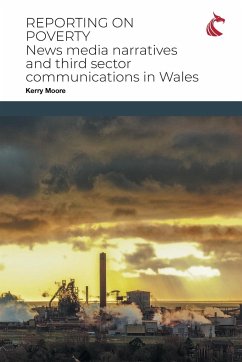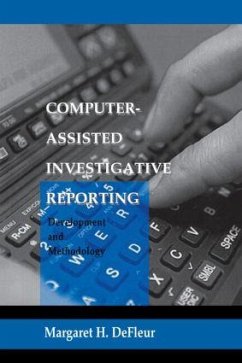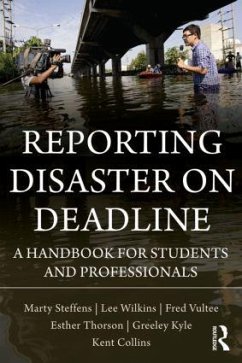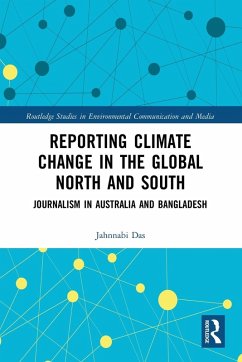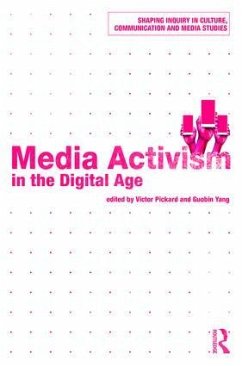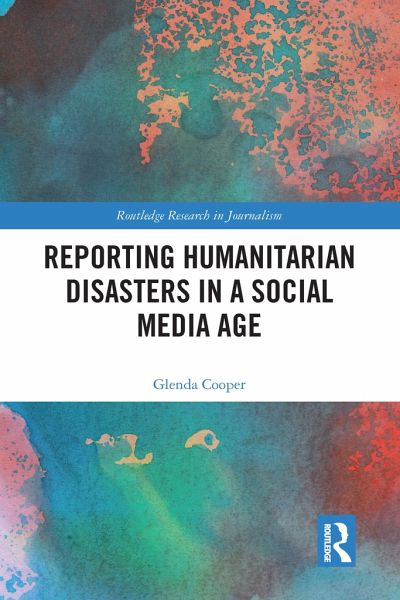
Reporting Humanitarian Disasters in a Social Media Age
Versandkostenfrei!
Versandfertig in 1-2 Wochen
53,99 €
inkl. MwSt.
Weitere Ausgaben:

PAYBACK Punkte
27 °P sammeln!
Defining images and accounts of humanitarian crises are now often created not by journalists but by ordinary citizens using social media. This book reveals how humanitarian disasters are covered in the 21st century - and the potential consequences for those who posted a tweet, a video or photo without realising how far it would go.








